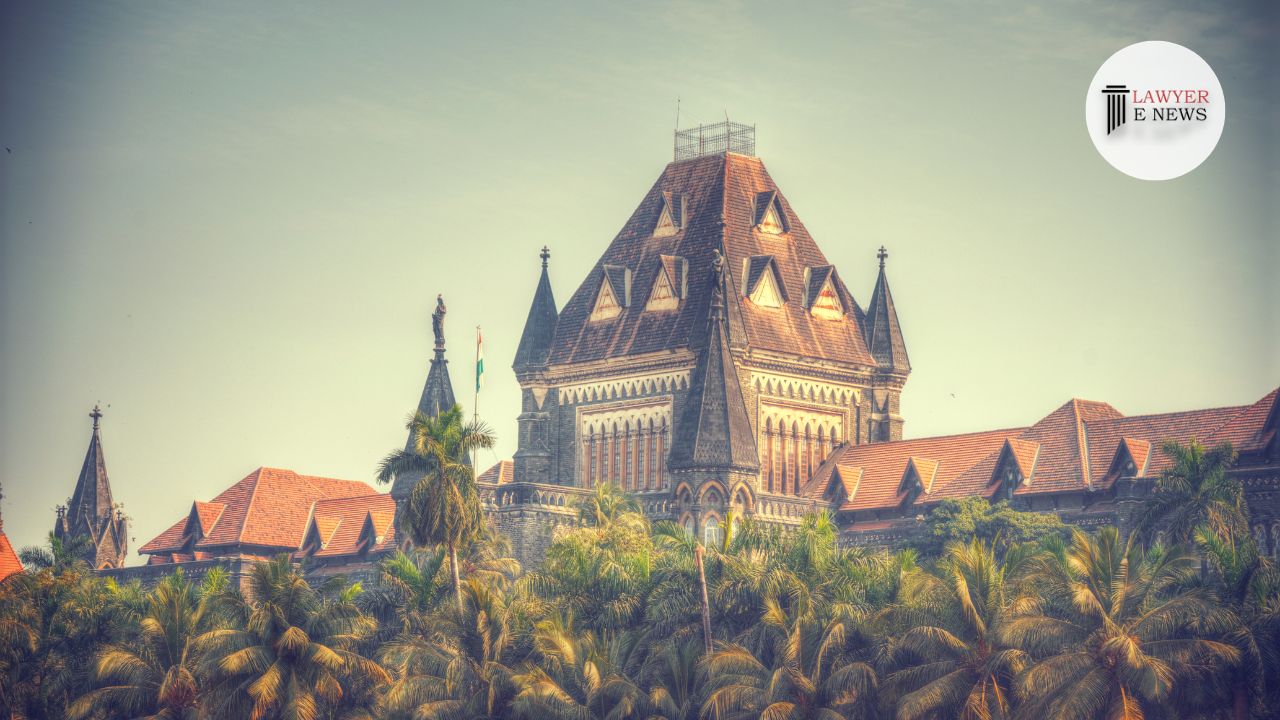-
by Admin
15 February 2026 5:35 AM



In a groundbreaking ruling that reaffirms the importance of thorough witness testimony and the principle of "quality over quantity" in criminal cases, the High Court handed down a significant judgment. The court upheld the conviction of several appellants while acquitting co-accused, citing compelling observations and meticulous evaluation of evidence.
The judgment, delivered by the bench comprising Justices Abhay S. Waghwase and Smt. Vibha Kankanwadi, meticulously examined the evidence presented during the trial and highlighted the vital role played by injured witnesses in securing convictions. In a noteworthy statement, the court declared, "The role of injured witnesses cannot be undermined, and their quality of testimony often outweighs the sheer number of witnesses."
One of the key points of contention was the alleged delay in registering the First Information Report (FIR). The court thoroughly examined the timeline of events and concluded that there was no inordinate delay in registering the FIR, emphasizing the need for a reasonable assessment in such cases.
Another critical aspect of the judgment focused on the seizure and recovery of evidence. The appellants had raised objections concerning the necessity of recording disclosure statements and the subsequent recovery of items. The court carefully scrutinized the evidence of seizure and recovery and found no fatal inconsistencies. It stated, "The memorandum of disclosure and recovery eventually supported the prosecution's case, demonstrating the importance of a balanced evaluation."
In addition to these points, the judgment addressed the non-examination of certain witnesses, with the court emphasizing that the quality of evidence presented is more crucial than the quantity of witnesses. The court found the evidence provided by the injured witnesses to be convincing and reliable, thereby dismissing objections related to the non-examination of specific witnesses.
The judgment also highlighted the disparity in the outcomes for co-accused. While some co-accused were acquitted, the appellants challenged their convictions. The court referred to the Surajit Sarkar case, emphasizing that convictions were upheld for the appellants based on cogent and reliable evidence.
Date of Decision: 11 SEPTEMBER, 2023
Govind vs The State of Maharashtra
